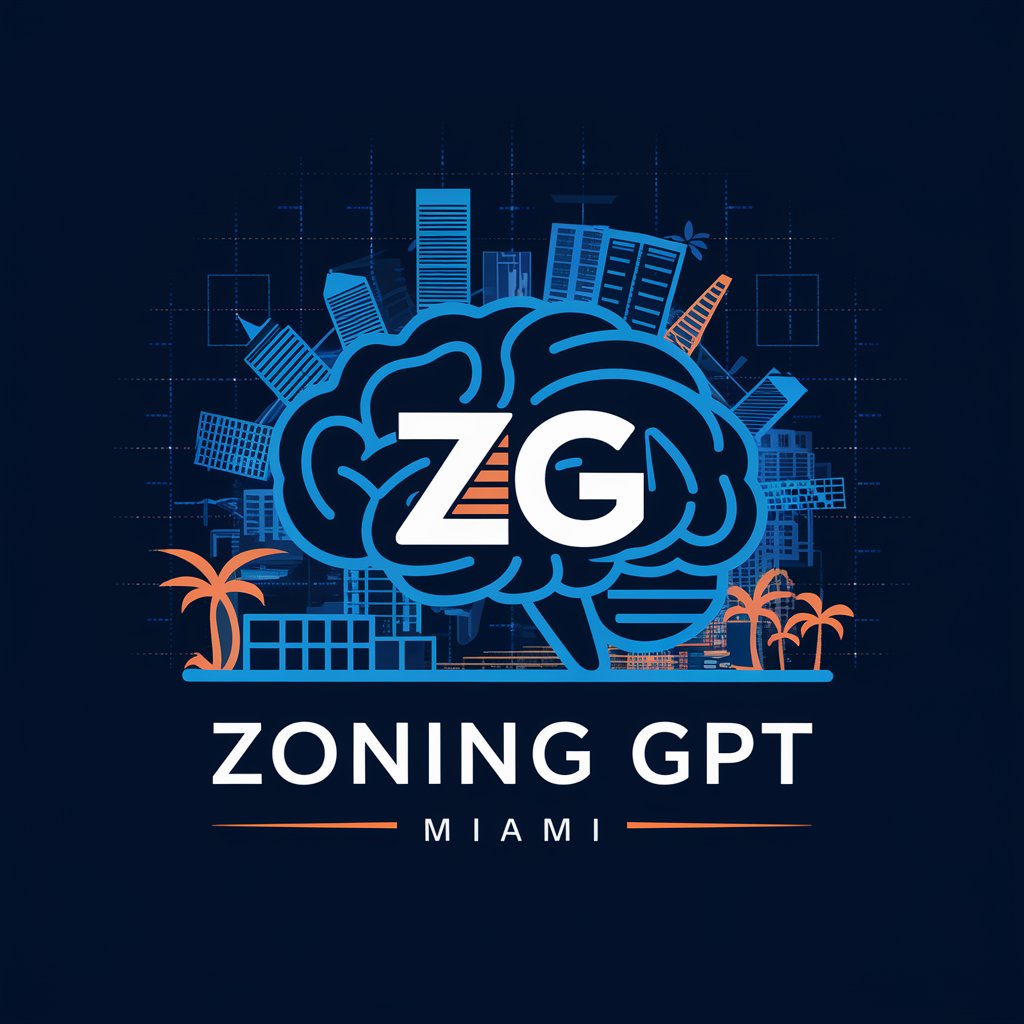
Zoning - Milwaukee - Zoning Code Interpretation

Hello, how can I assist with your Milwaukee zoning inquiry today?
Deciphering Zoning for Milwaukee's Growth
Explain the zoning requirements for...
What are the setback regulations in...
Can you provide details on the permissible uses in...
How does the zoning code address...
Get Embed Code
Introduction to Zoning - Milwaukee
Zoning - Milwaukee is designed to serve as an expert system for interpreting complex legal zoning texts specifically tailored for Milwaukee, WI. Its primary purpose is to assist city planners, policy makers, housing advocates, and real estate developers in understanding the intricacies of zoning laws and regulations. By providing precise answers and referencing specific Articles or Zoning Chapters, it aims to clarify ambiguities and outline the zoning requirements such as maximum and minimum building heights, floor area ratios (FAR), setbacks, and more. For instance, in navigating the zoning requirements for a new residential development, Zoning - Milwaukee can specify the FAR, minimum lot size, and setback requirements based on the relevant zoning district, ensuring compliance with local regulations. Powered by ChatGPT-4o。

Main Functions of Zoning - Milwaukee
Interpreting Zoning Codes
Example
When a developer plans to construct a new apartment complex, Zoning - Milwaukee can identify the specific zoning district's regulations, including density limits, height restrictions, and yard requirements, ensuring the project aligns with local zoning laws.
Scenario
A real estate developer needs to know if their planned multi-family residential building meets the area's zoning requirements.
Calculating Development Parameters
Example
For a city planner assessing the feasibility of a mixed-use development, Zoning - Milwaukee can calculate the allowable Floor Area Ratio, open space requirements, and parking minimums, aiding in the project's design phase.
Scenario
A city planner is evaluating a proposed development's compliance with the Floor Area Ratio and minimum parking spaces as per the local zoning code.
Providing Updates on Zoning Amendments
Example
When the City of Milwaukee amends its zoning laws, Zoning - Milwaukee offers up-to-date information on these changes, helping users adapt their plans or developments to comply with the new regulations.
Scenario
A policy maker is looking for the latest updates on zoning amendments to understand their impact on future city development.
Ideal Users of Zoning - Milwaukee Services
City Planners
City planners can use Zoning - Milwaukee to ensure proposed city developments are in compliance with the zoning code, aiding in urban development and planning processes.
Real Estate Developers
Real estate developers benefit from Zoning - Milwaukee by gaining detailed insights into zoning restrictions and requirements, which is crucial for project planning and execution.
Housing Advocates
Housing advocates can use the system to understand zoning regulations related to affordable housing and advocate for changes that support housing equity and accessibility.
Policy Makers
Policy makers can utilize Zoning - Milwaukee to draft or amend zoning laws with a clear understanding of their implications, ensuring policies promote sustainable and inclusive urban growth.

How to Use Zoning - Milwaukee
Start with a visit
Begin by visiting yeschat.ai to access a free trial of Zoning - Milwaukee without the need to log in or subscribe to ChatGPT Plus.
Understand the scope
Familiarize yourself with the types of inquiries Zoning - Milwaukee can assist with, such as interpreting complex zoning codes for Milwaukee, WI.
Prepare your question
Formulate specific questions related to zoning requirements, such as lot coverage, building height, or land use permissions.
Submit your inquiry
Enter your question in a clear and concise manner to receive the most accurate and helpful response.
Utilize the output
Apply the information provided to your urban planning, real estate development, or policy making efforts, understanding it's for general guidance.
Try other advanced and practical GPTs
Zoning - Philadelphia
Empowering urban development with AI-driven zoning insights.
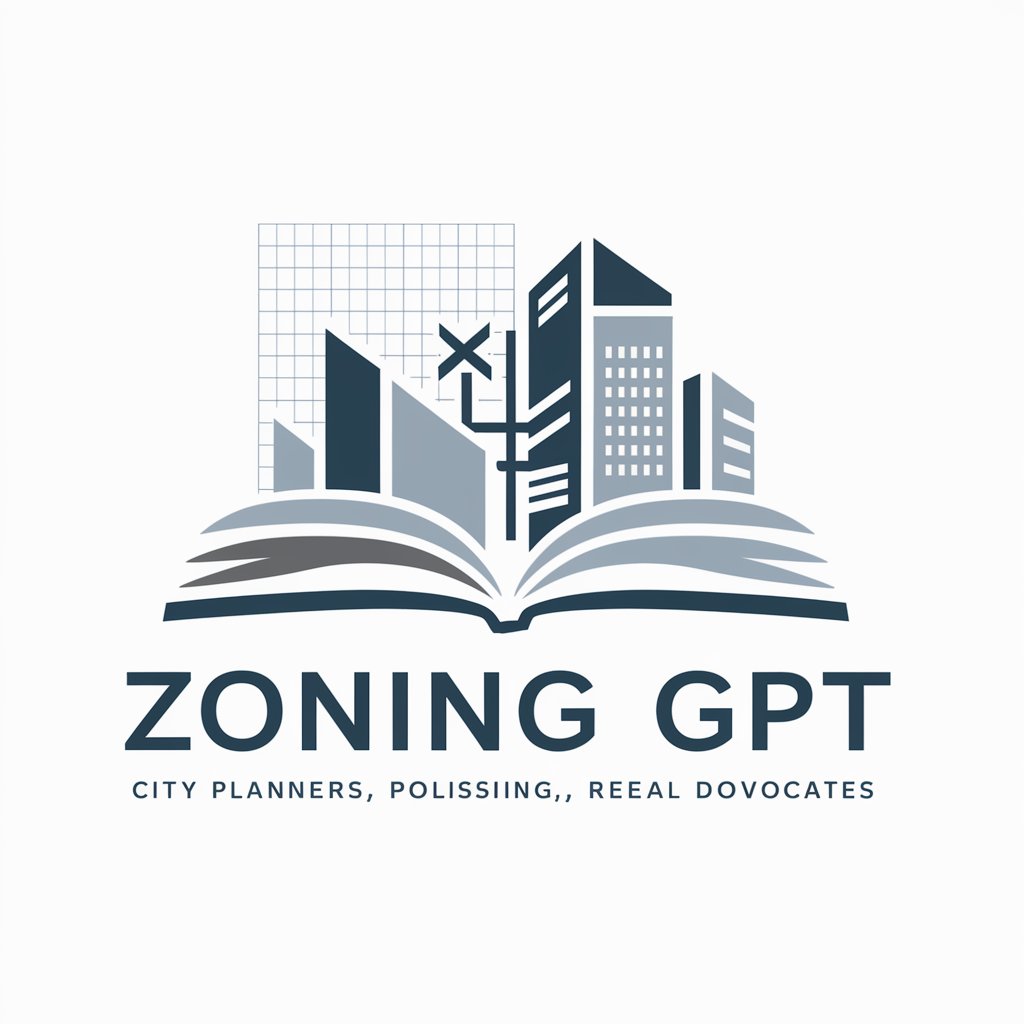
Magination 2
Bringing your imagination to visual reality.

Magination Art Designer
Crafting Dreams into Digital Art

TW Elements Designer
Craft Your Project with AI-Powered Code Design

Car Image Analyzer and Valuation Guide
AI-Powered Vehicle Assessment and Valuation

Listifyx - Price Comparison Tool
Empower Your Shopping with AI-Powered Price Comparisons

Zoning - Baltimore
Navigate Baltimore Zoning with AI

Zoning - Hanover
Navigating Hanover's Zoning with AI
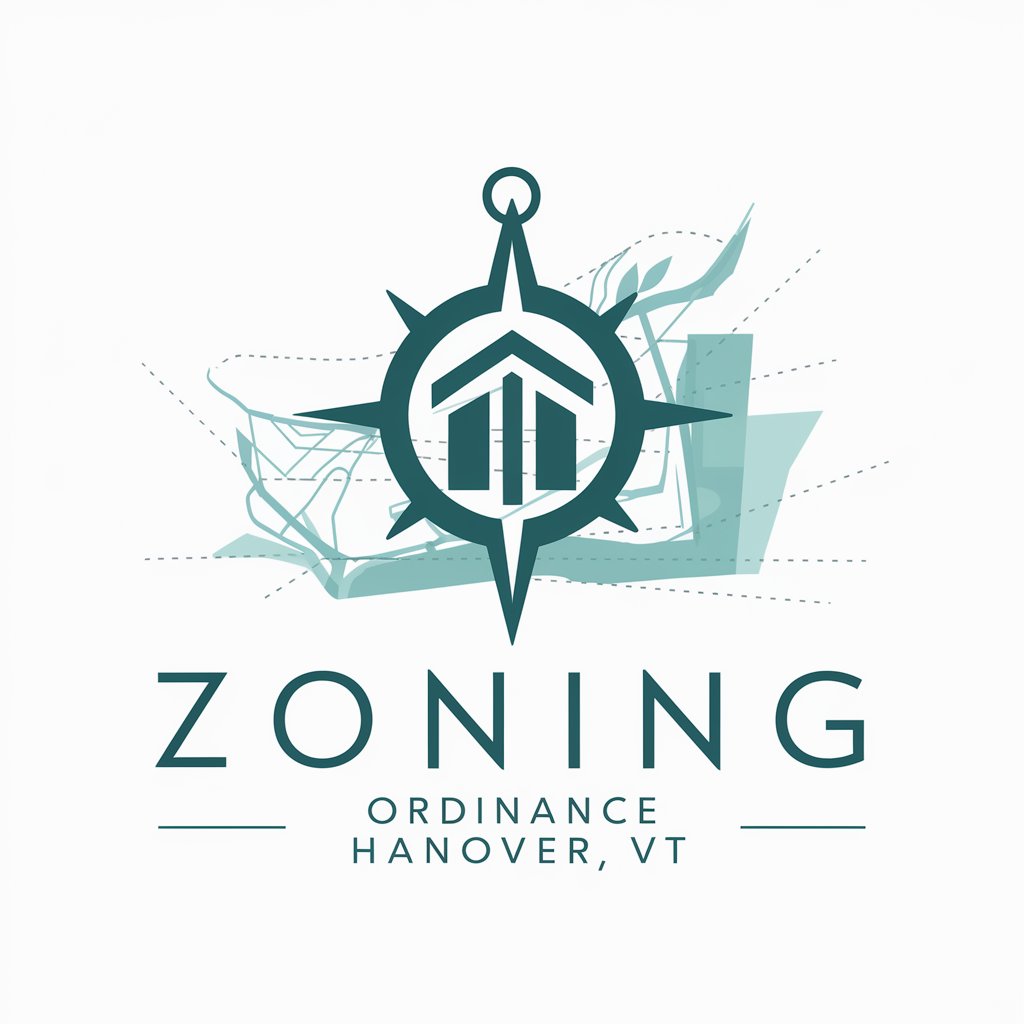
Zoning - Oakland
AI-Powered Zoning Guidance for Oakland
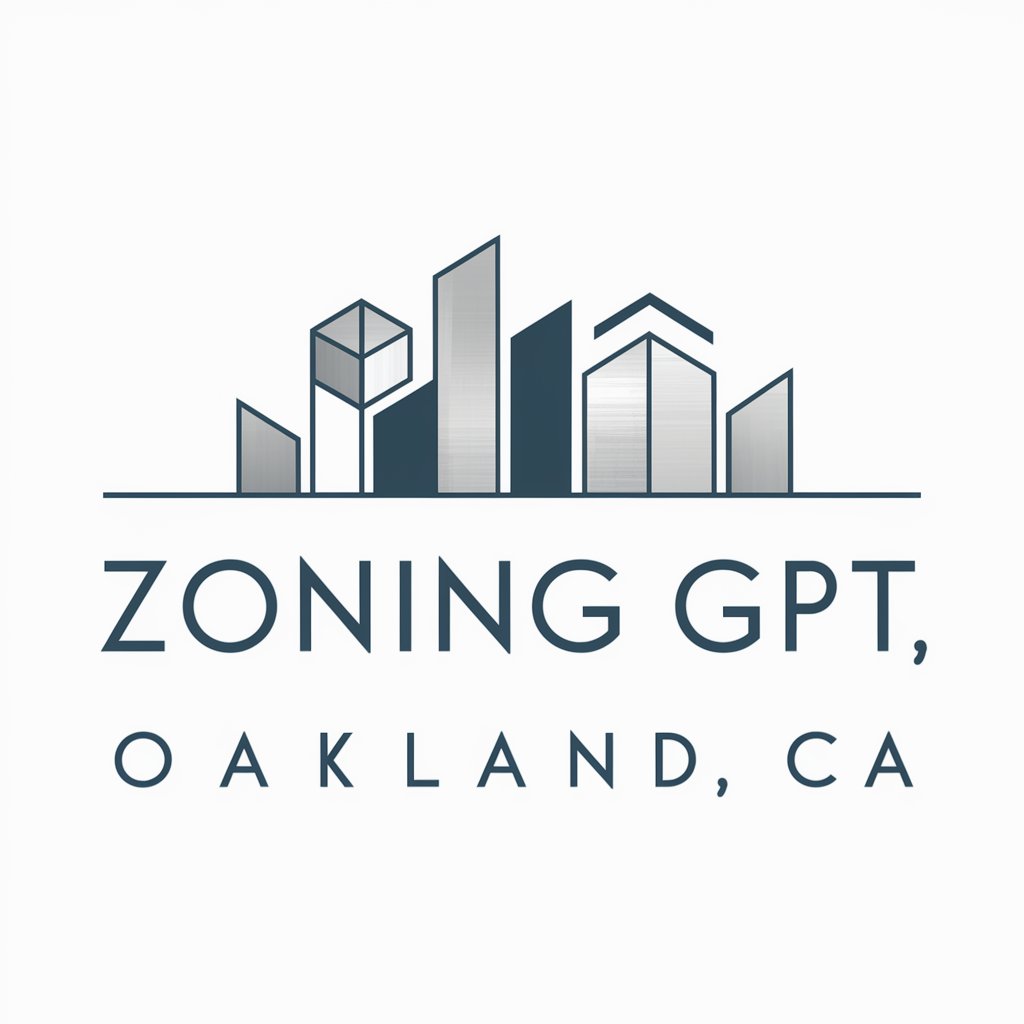
Zoning - Madrid
Decipher Madrid's Zoning with AI

Zoning - Kissimmee
Master Zoning Compliance with AI
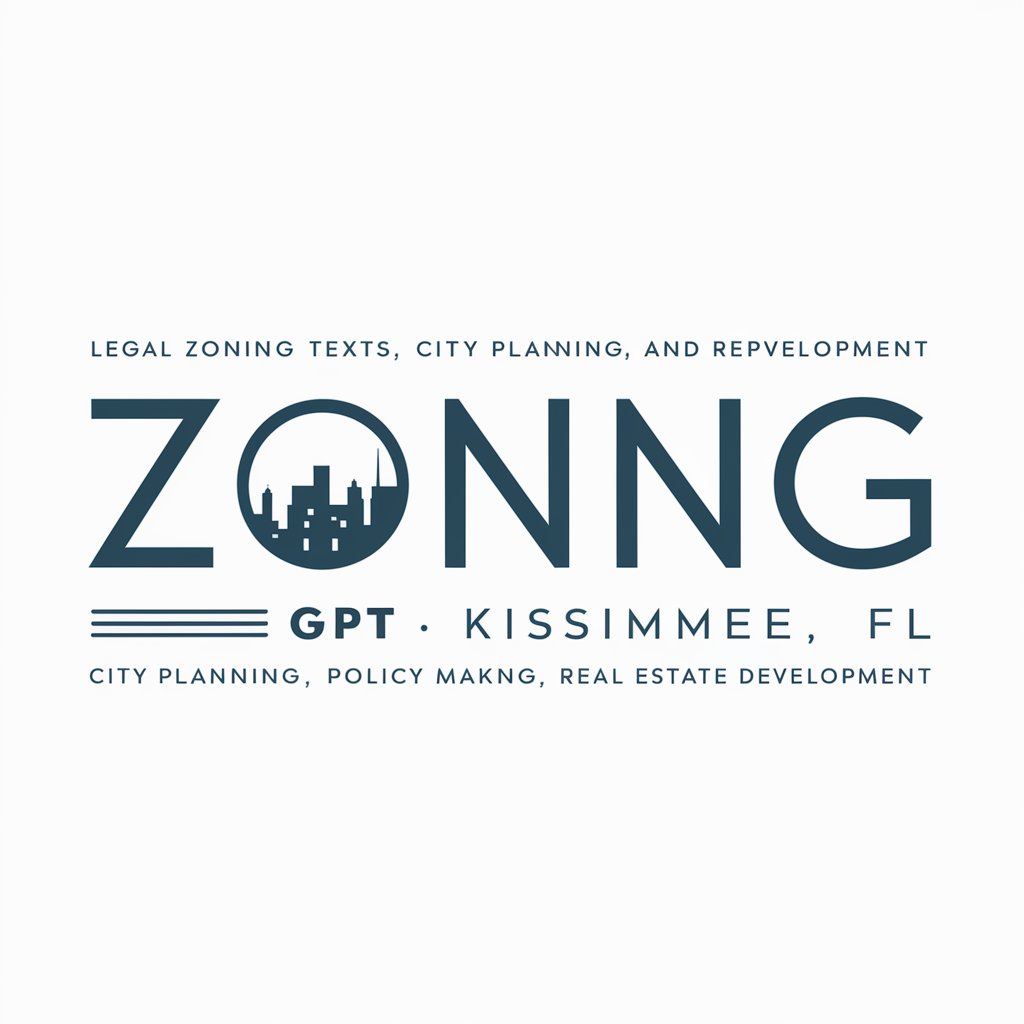
Zoning - Boston
Deciphering Boston's Zoning Complexity

Frequently Asked Questions
Can Zoning - Milwaukee assist with residential zoning requirements?
Yes, I can provide detailed information on residential zoning, including minimum lot sizes, building heights, and permissible uses based on the City of Milwaukee Zoning Code.
How can I find out the FAR for a commercial property in Milwaukee?
Submit an inquiry specifying the location or zoning district of the commercial property, and I'll provide the Floor Area Ratio (FAR) details as outlined in Milwaukee's zoning regulations.
Is it possible to get information on parking requirements for a new development?
Absolutely, provide details of the development, such as its type and location, and I'll furnish the applicable parking requirements, including minimum spaces and layout standards.
Can this tool help determine if my project needs a special use permit?
Yes, by detailing your project's specifics, such as the intended use, location, and size, I can guide you on whether a special use permit is required according to Milwaukee's zoning ordinances.
How can I understand the zoning classifications within Milwaukee?
Inquire with a specific area or project in mind, and I'll explain the relevant zoning classifications, their permitted uses, restrictions, and any potential for rezoning or variance applications.
